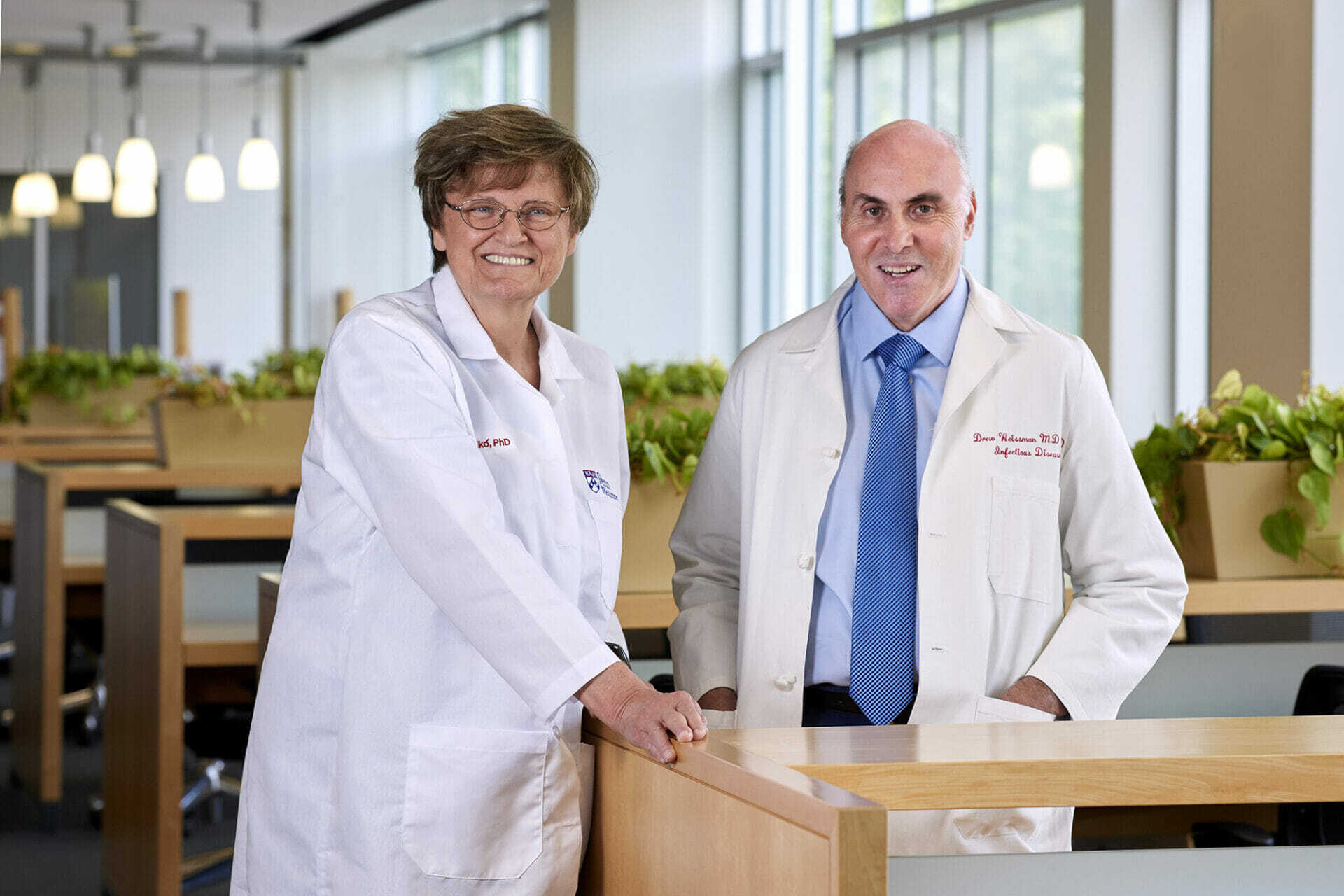The prestigious Nobel Prize in Physiology or Medicine has been bestowed upon the remarkable duo of scientists responsible for pioneering the groundbreaking technology behind the mRNA Covid vaccines. Professors Katalin Kariko and Drew Weissman have been jointly recognized for their extraordinary contributions.
Hypnotic Journey into mRNA
This groundbreaking mRNA technology was initially in the experimental stages before the Covid-19 pandemic struck. However, it has since been administered to millions worldwide, effectively safeguarding them against the severe threats posed by the virus. Notably, this mRNA platform is also undergoing exploration for potential applications in combating other diseases, including cancer.
The Nobel Prize committee aptly commended their work, emphasizing how their efforts significantly accelerated the development of vaccines during one of the most profound public health crises in modern history. These vaccines function by training the immune system to identify and combat various threats, such as viruses and bacteria.
In contrast to conventional vaccine approaches, which rely on weakened or inactivated forms of the pathogen or its fragments, mRNA vaccines employ an entirely different methodology. During the Covid pandemic, both the Moderna and Pfizer/BioNTech vaccines harnessed the potential of mRNA technology.
Remarkably, Professors Kariko and Weissman’s journey began in the early 1990s when they collaborated at the University of Pennsylvania in the United States. Back then, mRNA research was considered a scientific backwater, with skepticism from some quarters. Professor Weissman recalled facing doubters who questioned the feasibility of mRNA-based approaches, but their unwavering dedication ultimately prevailed.
When asked about their initial reactions to the Nobel Prize announcement, Professor Kariko expressed her initial disbelief, thinking it might be a joke. Professor Weissman, on the other hand, was overwhelmed with joy, tempered by a touch of suspicion. However, their doubts were dispelled when the news was confirmed, filling them with a profound sense of accomplishment.
The core concept behind mRNA Covid vaccines involves providing the genetic instructions for synthesizing a specific protein component of the coronavirus. Once injected, our cells begin producing this viral protein. The immune system recognizes these foreign proteins, launching an attack and acquiring the knowledge needed to combat future infections effectively. This revolutionary technology offers the immense advantage of rapid vaccine development for a wide range of targets, provided the correct genetic instructions are known.
This agility sets it apart from traditional vaccine development approaches, offering unparalleled speed and adaptability. In fact, experimental applications of this technology are also being explored to instruct patients’ immune systems to combat their own cancers. Scientists analyze tumor-specific proteins and develop vaccines to target these unique markers, delivering remarkable potential in the realm of personalized medicine.
Professors Kariko and Weissman played pivotal roles in overcoming the challenges associated with mRNA vaccine development. Their breakthroughs harnessed the inherent biology of RNA, which serves as the intermediary between the genetic code (DNA) and the proteins that comprise our bodies. Although there were hurdles, their refinement of the technology enabled the production of substantial quantities of the intended protein without triggering harmful inflammation, as observed in animal studies. This pivotal advancement paved the way for the technology’s application in human vaccines.
Today, Professor Katalin Kariko serves as a distinguished professor at Szeged University in Hungary, while Professor Drew Weissman continues to make groundbreaking contributions as a professor at the University of Pennsylvania. Their collective work has not only transformed vaccine development but also opened the door to a new era of medical innovation with far-reaching implications for global health.







